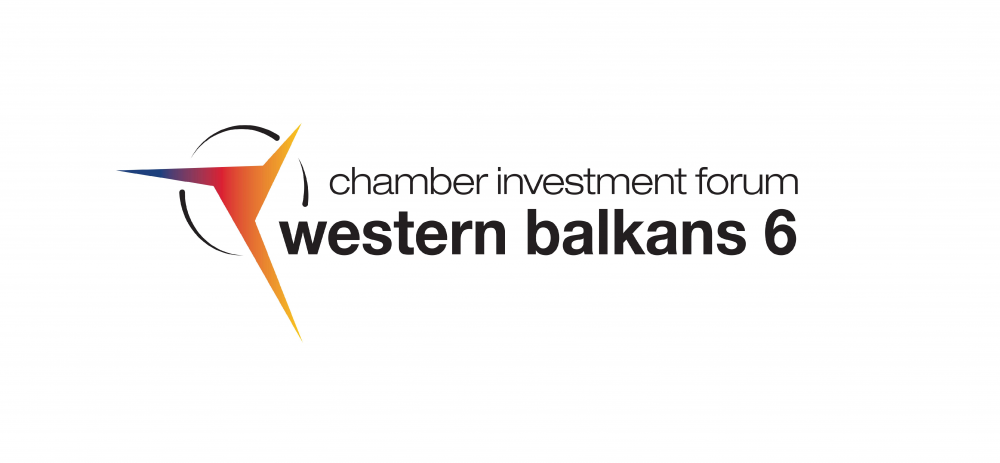
Since the proclamation of the Covid pandemic, we have all, as responsible states, faced serious challenges to organize the response for the Covid pandemic and save the health and lives of our citizens on the one hand, and on the other to preserve economic stability, business flows and employment.
The governments of the Western Balkans have made and continue making enormous efforts in this field. Since the beginning of the pandemic, the Chambers of Commerce of the Western Balkans, gathered in the WB6 CIF association, have launched many initiatives both in their countries and at the regional level.
As an association representing the business communities of the Western Balkans, we have supported and welcomed the establishment of the “Green Corridors” within CEFTA, which has largely ensured unhindered trade in the Western Balkans despite the challenges posed by the pandemic. We have been calling for a similar mechanism to be established between CEFTA and the EU, convinced that the fast and unhindered transport of goods is in the common interest of both companies from the Western Balkans and those from the EU.
The latest measure introduced by Germany, which applies to all persons entering this country (including professional drivers) who have resided or passed through the Slovak Republic, the Czech Republic and part of Austria (province of Tyrol, with the exception of the political district of Lienz, municipality of Jungholz and Ristal in the municipal area of Vompa and Eben am Achensee) during the last 10 days, which introduces the obligation to register and submit a negative COVID-19 test (in some cases referral to quarantine) starting from February 14, 2021, in practice has led to extremely complicated situations and great delays in the transport of goods to Germany.
The images we see at the borders, where queues have formed and in which hundreds of drivers stand for hours in extremely bad weather, waiting for testing, are really worrying. In this way they are exposed to a higher risk of infection than when they were in their truck cabins, which was one of the reasons for the relaxation of this category from all previously prescribed measures. During the entire pandemic, which has been going on for a rather difficult year, professional drivers were exempted from all restrictive measures. And that is exactly what contributed to the fact that in difficult circumstances, there was no delay in the supply of goods. The transport of goods, as the life force of every economy, must not stop, and it should take place in all conditions.
In its latest Recommendations on the coordinated approach of EU member states to the restrictive freedom of movement in the EU caused by the COVID 19 pandemic of 28 January this year, the EU Council once again emphasized its recommendations on transport workers themselves. We hope that Germany will find a way to consider the recommendations of the EU Council in the part related to the exemption of transport workers from the requirements related to quarantine and mandatory negative PCR test, with evidence of a negative rapid antigen test. In this way, the smooth functioning of the EU Green Corridors and the supply of the EU single market would be further strengthened.
Regarding the EU Recommendation of 28 January, the Association of European Chambers of Commerce and Industry and its Single Market Committee Co-Chairs, Marko Čadež and Juho Romakkaneimi, also wrote a letter to the Secretary of State for European Affairs of Portugal. The letter clearly emphasized the importance of resolving the issue of unhindered passage of transport workers through the entire territory of the EU.
In this regard, we urge the competent authorities to reconsider this measure, and to consider and find new ways to eliminate delays in the transport of goods across and to German territory, so that professional drivers would be relaxed from this measure as before.



